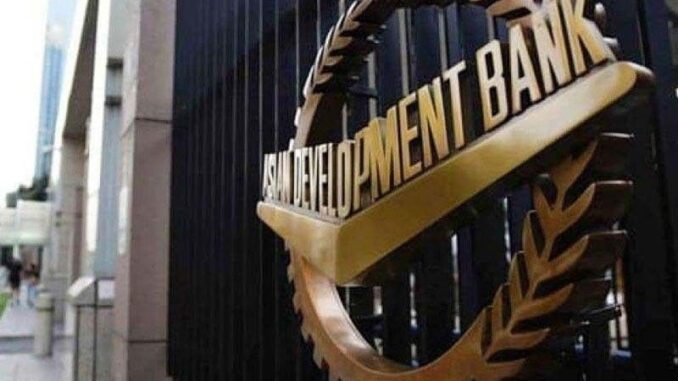
MANILA, Philippines — A survey by the Asian Development Bank (ADB) has revealed that 78 percent of Filipinos are interested in Islamic financial services if made available in the country, reflecting strong market curiosity about its potential benefits compared to conventional banking.
In its latest Unlocking the Potential of Islamic Finance in the Philippines report, ADB said it surveyed 416 Muslims and 34 non-Muslims to assess public understanding, attitudes and preferences regarding Islamic financial services.
Based on the results, 51 percent said they are very interested in Islamic financial services while 27 percent are quite interested. Meanwhile, eight percent are not interested and 14 percent have not heard about Islamic finance.
In terms of demographics, the highest interest in Islamic finance is observed in the Bangsamoro Autonomous Region in Muslim Mindanao (BARMM) and Metro Manila. This makes the two regions key targets for attracting retail consumers who are interested in Islamic finance.
“The motivations for interest in Islamic finance vary between respondents from BARMM, who are more focused on savings and adherence to Islamic principles, and those respondents from Mindanao, who are intrigued mainly by the processes and benefits of Islamic finance,” the ADB said.
The bank also noted that the market could initially prefer basic and accessible financial products like savings accounts and e-wallets. But survey results showed respondents are open to other offerings such as loans and health insurance.
Survey results also showed that only 36 percent of respondents possess a bank account, often limited to a single account at their preferred bank.
The unbanked 64 percent cite several reasons for not opening a bank account. Around 37 percent believe they do not need an account, 27 percent lack the necessary requirements for opening an account, 16 percent find the costs prohibitive and 12 percent do not have the budget to open an account.
“Considering the bank account ownership rate across the Philippines was 56 percent in 2021, 36 percent of respondents owning a bank account signifies the extent to which Muslims in the Philippines are underserved compared to the general population and the opportunity available for potential investors in Islamic finance,” the ADB said.
When it comes to awareness of Islamic banking, 38 percent of respondents said they had heard of it but did not fully understand it, while 37 percent were entirely unfamiliar with the concept. Only a small fraction reported having significant knowledge, while some dismissed the topic as irrelevant.
Demographic disparities are also evident, ADB said. A large percentage of BARMM retail clients are familiar with Islamic banking but lack clarity on its concept, while lower-income households are more likely to be uninformed about it.
“Addressing this knowledge gap is crucial for long-term adoption. Market education should be tailored to be relatable yet innovative, surpassing the familiarity of conventional banking experiences,” ADB said.
The ADB report was launched last week together with the Bangko Sentral ng Pilipinas. The BSP and ADB presented the same findings at the Islamic finance roadshows in Malaysia and Indonesia in September to highlight the country’s readiness to welcome global investors.
The ADB survey was conducted from October to November 2023.


Be the first to comment